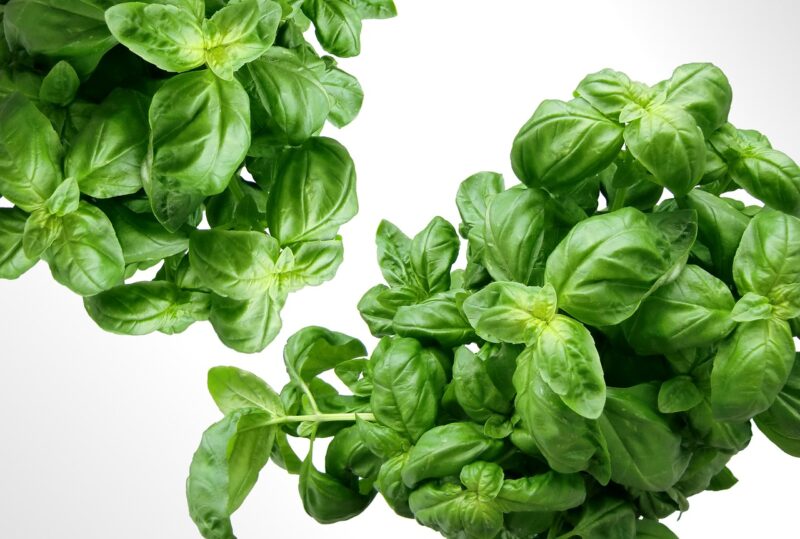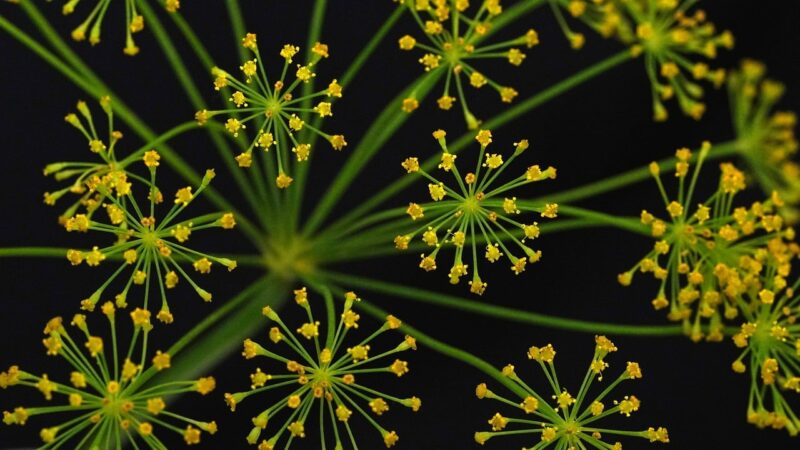Herb/ Medicinal plants
The cultivation of herbal and medicinal plants in one’s surroundings holds significant importance, offering a range of benefits that contribute to both physical well-being and environmental sustainability.
Firstly, the presence of herbal and medicinal plants provides a natural source of remedies for various health concerns. These plants often contain compounds with therapeutic properties, and having them nearby allows for the preparation of herbal remedies and teas. The accessibility to natural remedies contributes to a holistic approach to health and wellness, offering alternatives to conventional medications.
Furthermore, herbal and medicinal plants contribute to the biodiversity of the local environment. By cultivating a variety of these plants, individuals create micro-ecosystems that attract beneficial insects and wildlife. This biodiversity supports the overall health of the ecosystem, fostering a balanced and resilient environment.
The cultivation of medicinal plants also serves educational purposes. Having these plants in close proximity allows individuals to learn about their properties, traditional uses, and cultivation methods. This knowledge transfer promotes an understanding of herbalism and traditional healing practices, preserving cultural wisdom related to plant-based remedies.
In addition to their healing properties, many herbal plants possess aromatic qualities. The fragrance of medicinal plants such as lavender, chamomile, or eucalyptus can contribute to a calming and therapeutic atmosphere in the surroundings. These aromatic plants are often used in aromatherapy, promoting relaxation and mental well-being.
Herbal gardens also play a role in sustainable living. Cultivating medicinal plants locally reduces the reliance on commercially produced pharmaceuticals and promotes a more self-sufficient and eco-friendly lifestyle. This aligns with the principles of eco-conscious living, emphasizing a connection to nature and a reduced ecological footprint.
Moreover, the cultivation of herbal plants supports pollinators such as bees and butterflies. Many medicinal plants rely on pollination for reproduction, and by attracting these pollinators, individuals contribute to the overall health of the ecosystem. This, in turn, benefits surrounding plants and promotes a thriving and interconnected natural environment.
In summary, the importance of herbal and medicinal plants in one’s surroundings lies in their potential to provide natural remedies for health, contribute to biodiversity, serve educational purposes, create a soothing atmosphere, support sustainable living, and enhance the overall health of the ecosystem. Cultivating these plants is not only a practical approach to holistic health but also a meaningful contribution to environmental conservation and well-being.


At Plantation India, our services for herb medicinal plantations include:
- Medicinal Herb Selection: Advising and sourcing a variety of medicinal plants known for their healing properties and medicinal uses.
- Customized Garden Design: Designing gardens specific to medicinal herbs, considering their growth requirements and compatibility for cultivation.
- Herbal Garden Setup: Providing guidance on creating an environment suitable for the growth and sustenance of medicinal herbs.
- Medicinal Plant Care Instructions: Offering detailed guidelines on care, maintenance, and harvesting techniques for medicinal plants.
- Educational Workshops: Conducting workshops or training sessions on the identification, cultivation, and usage of medicinal herbs.
- Compliance with Regulations: Assisting in adhering to legal and ethical guidelines governing the cultivation of medicinal plants.
- Consultation on Herbal Remedies: Providing expertise on preparing herbal remedies or teas from the cultivated medicinal herbs.
Our services aim to assist clients in establishing and maintaining gardens focused on the cultivation of various medicinal herbs, promoting a deeper understanding of their benefits and applications.
